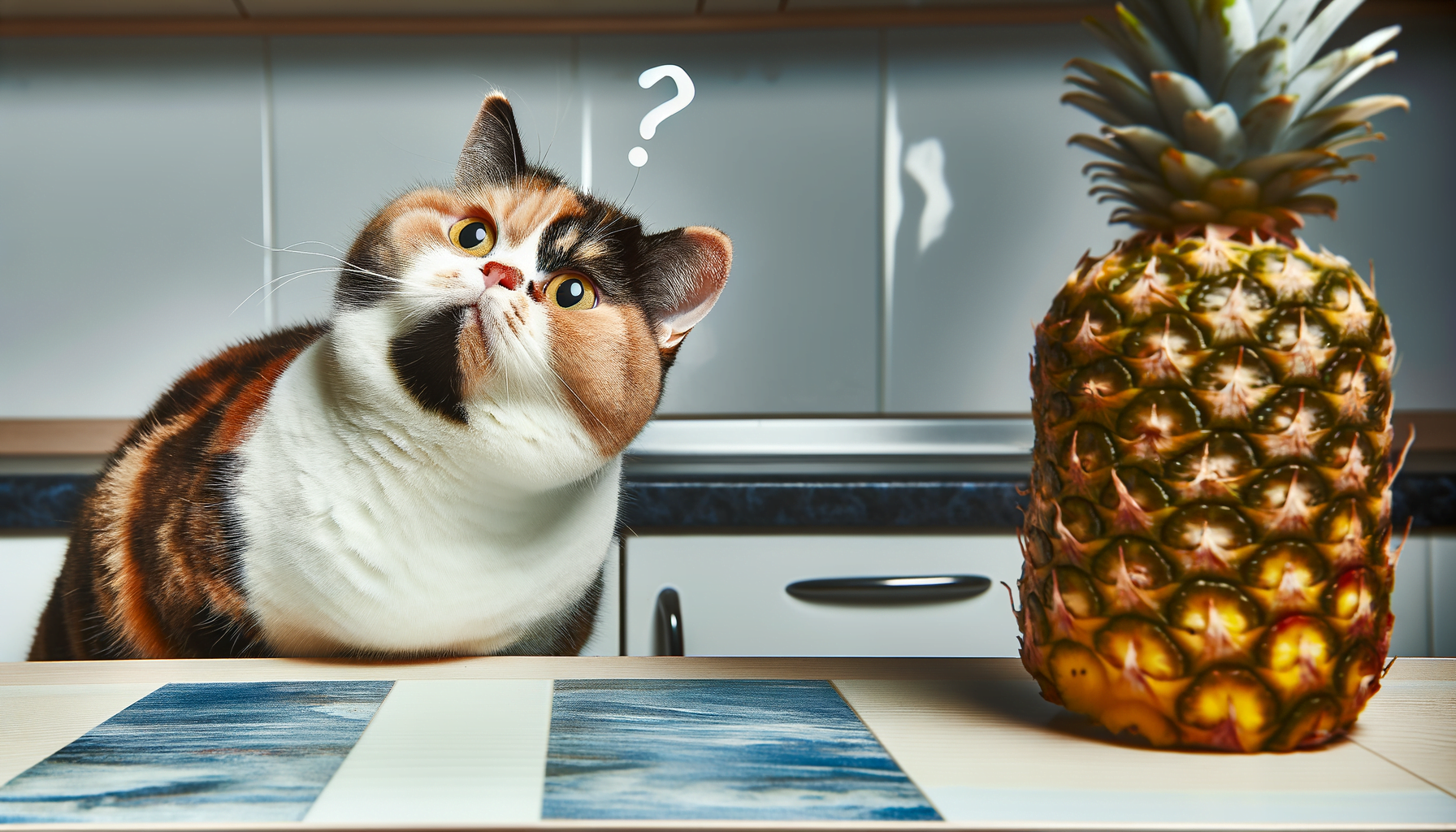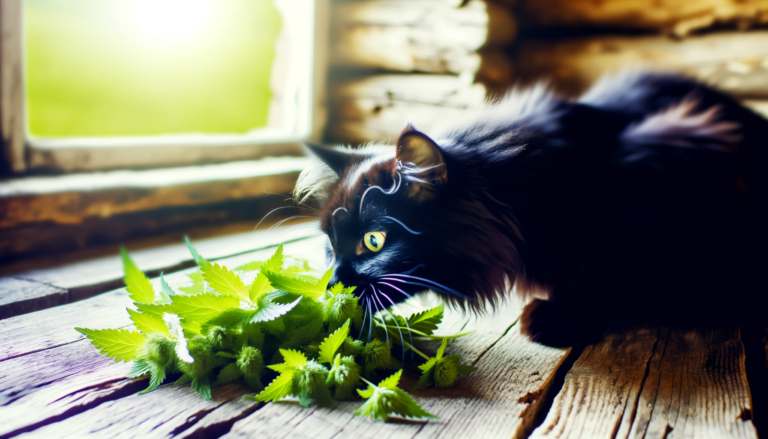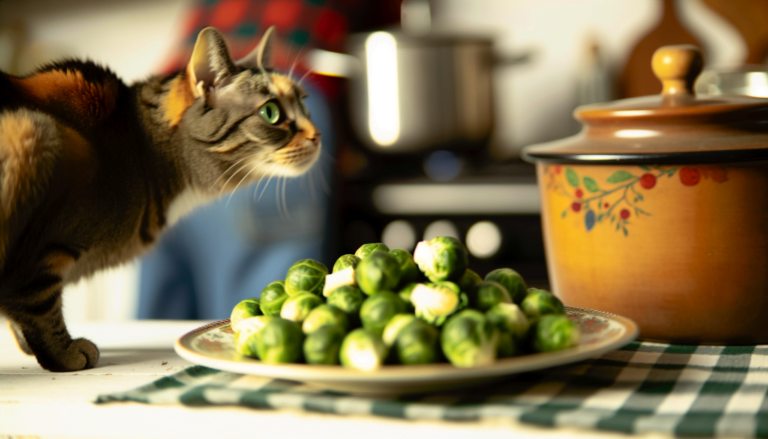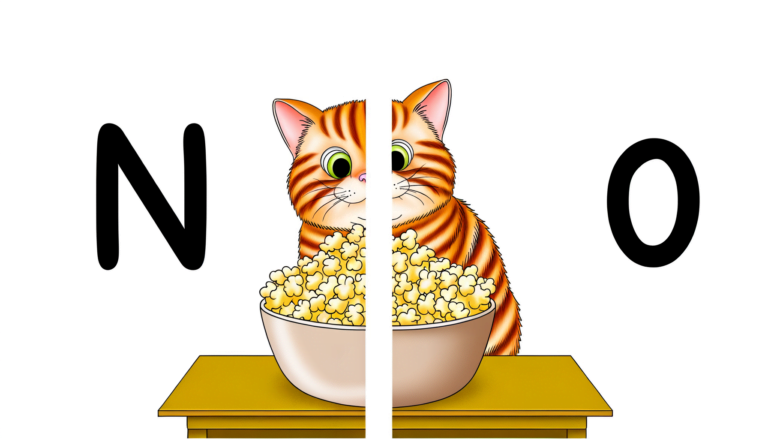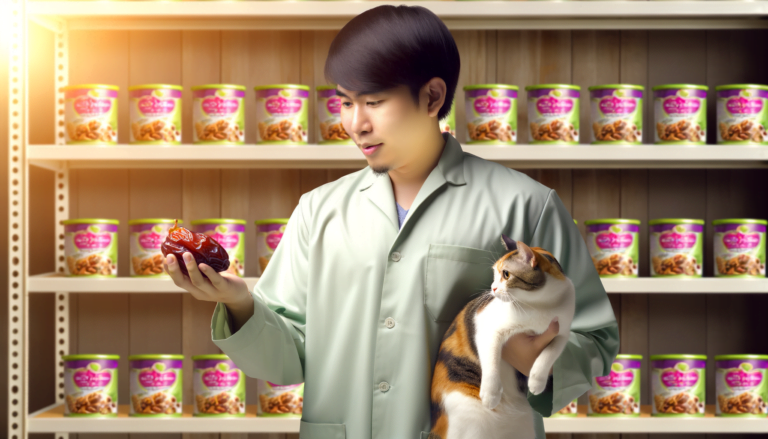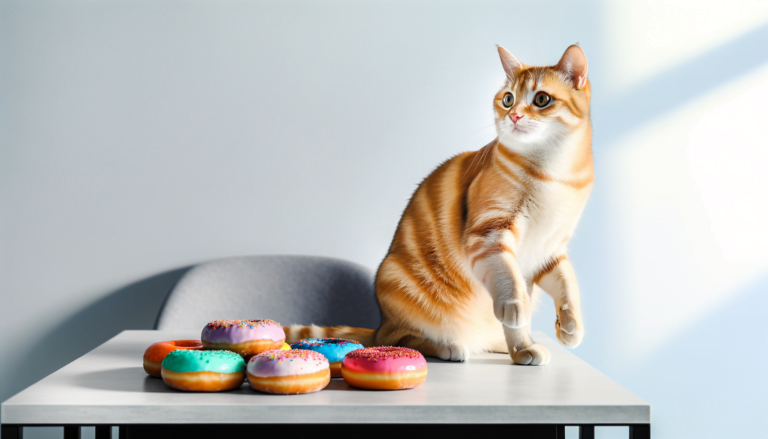Decoding Feline Diets: The Furry Truth about Cats and Pineapple
While cats can technically consume pineapple without immediate harm, it’s not a food typically suited to their dietary needs. As obligate carnivores, cats require a diet based heavily on meat. Pineapple, being a fruit, does not provide the necessary nutrients they need. Additionally, its high sugar content can potentially lead to obesity and other health issues if given in large quantities or as a regular part of their diet. Hence, while an occasional small piece won’t hurt, pineapples are not recommended as part of a cat’s regular diet.
Risks and Precautions When Feeding Pineapple to Cats
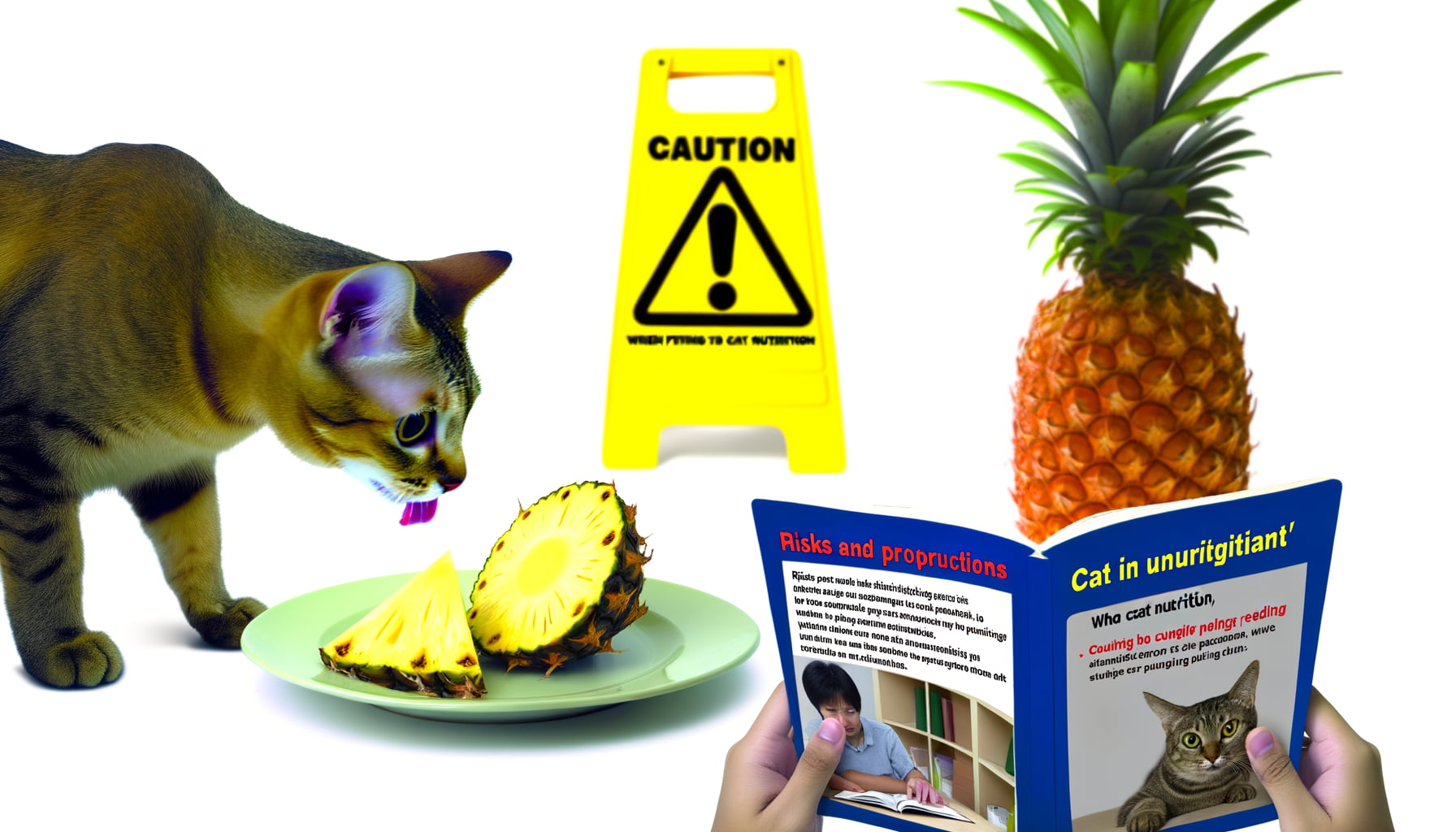
Feeding pineapple to your feline friend should be approached with cautious optimism. While there can be some health benefits, as with any food foreign to their natural diet, risks persist. Therefore, it is paramount to observe a set of precautions.
To mitigate risks such as indigestion, cats should not consume pineapple in large quantities. An important precaution is to ensure that the pineapple is ripe and fresh. Spoiled fruit can lead to discomfort and potential health hazards. Additionally, pineapple should be thoroughly washed to remove any external contaminants. Offering pineapple in small, bite-sized pieces can further alleviate any choking hazards.
Despite these measures, it is recommended to monitor your pet closely during and after their pineapple consumption. Should any unusual behavior manifest, such as vomiting, diarrhea, or signs of discomfort, consult your vet promptly. Understanding the tolerances unique to your cat is critical in effectively incorporating pineapple into their diet with minimized risk.
The Impact of Pineapple On a Cat’s Health
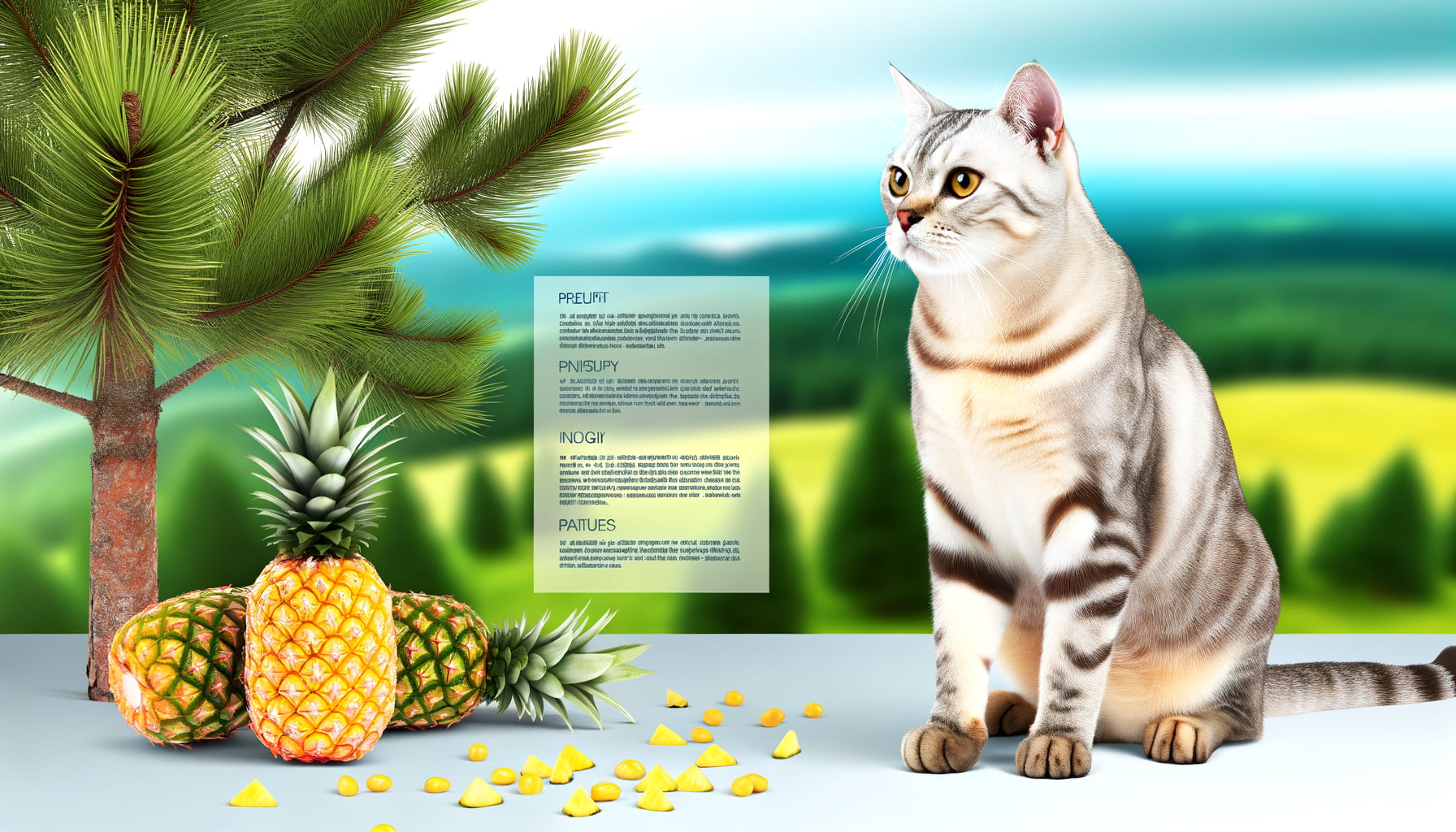
Pineapple’s impact on a cat’s health can prove substantial, although cats do not naturally gravitate towards this tropical fruit. Tucked within its spiky exterior, pineapple boasts a wealth of beneficial nutrients. It is notably rich in vitamin C, amongst other vitamins and minerals, contributing to overall well-being.
However, cats inherently get these essential nutrients from their carnivorous diet. Therefore, supplementing their meals with pineapple is generally unnecessary. While a small piece of this fruit might not harm your feline friend, it’s important to remember that pineapple remains a sugar-laden food which can strain a cat’s digestive system due to their limited ability to process sugars.
Occasionally offering pineapple may pose an interesting variation for your cat’s palate, but it should never replace a balanced, meat-based diet. While this fruit can provide a burst of curious flavors and textures, it doesn’t hold a pivotal role in feline nutrition. Cautious moderation is the key should you choose to introduce this tropical fruit into your cat’s dietary repertoire.
Understanding Cats’ Dietary Preferences
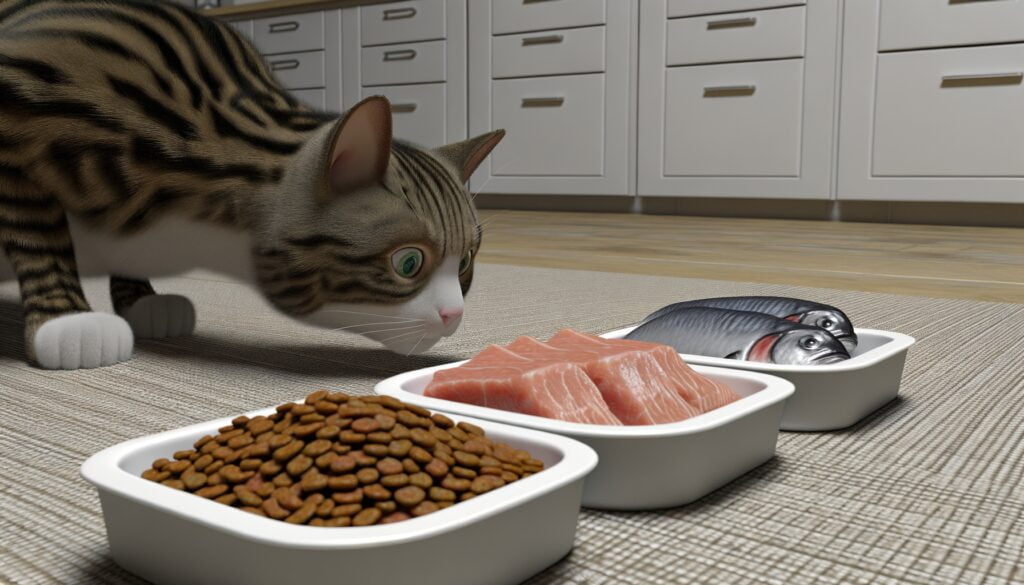
Unraveling cat’s food choices, specifically their disposition towards fruit, can be a compelling discussion. Cats, unlike their canine counterparts, are obligate carnivores. This strong biological orientation means that their bodies are more attuned to processing meat than any other food group. Yet, cats may sometimes display an unconventional preference for certain fruits and vegetables, and understanding these dietary preferences can lend a decisive edge to pet owners looking to provide a balanced, nourishing diet for their feline friends.
Contrary to popular belief, cats do not gravitate towards sweet food as their taste receptors cannot perceive sweetness, which is a predominant taste profile in fruits including pineapple. The reason some cats might nibble on a slice of pineapple or any other fruit lies elsewhere – either in the texture of the fruit which tickles the cat’s curiosity or added flavors that might be appealing to them.
It is interesting to note that cats might develop a liking for certain foods like pineapple due to association. For instance, if a slice of pineapple is given as a reward or is associated with positive attention from their human companions, cats may start exhibiting a fondness for the fruit. Again, this doesn’t mean that fruits, particularly pineapple, should form a significant part of their diet. Given their carnivorous nature, a cat’s primary diet should be meat-based, with occasional indulgence in fruits or veggies as permissible additions.
Safe Ways to Introduce Pineapple into a Cat’s Diet
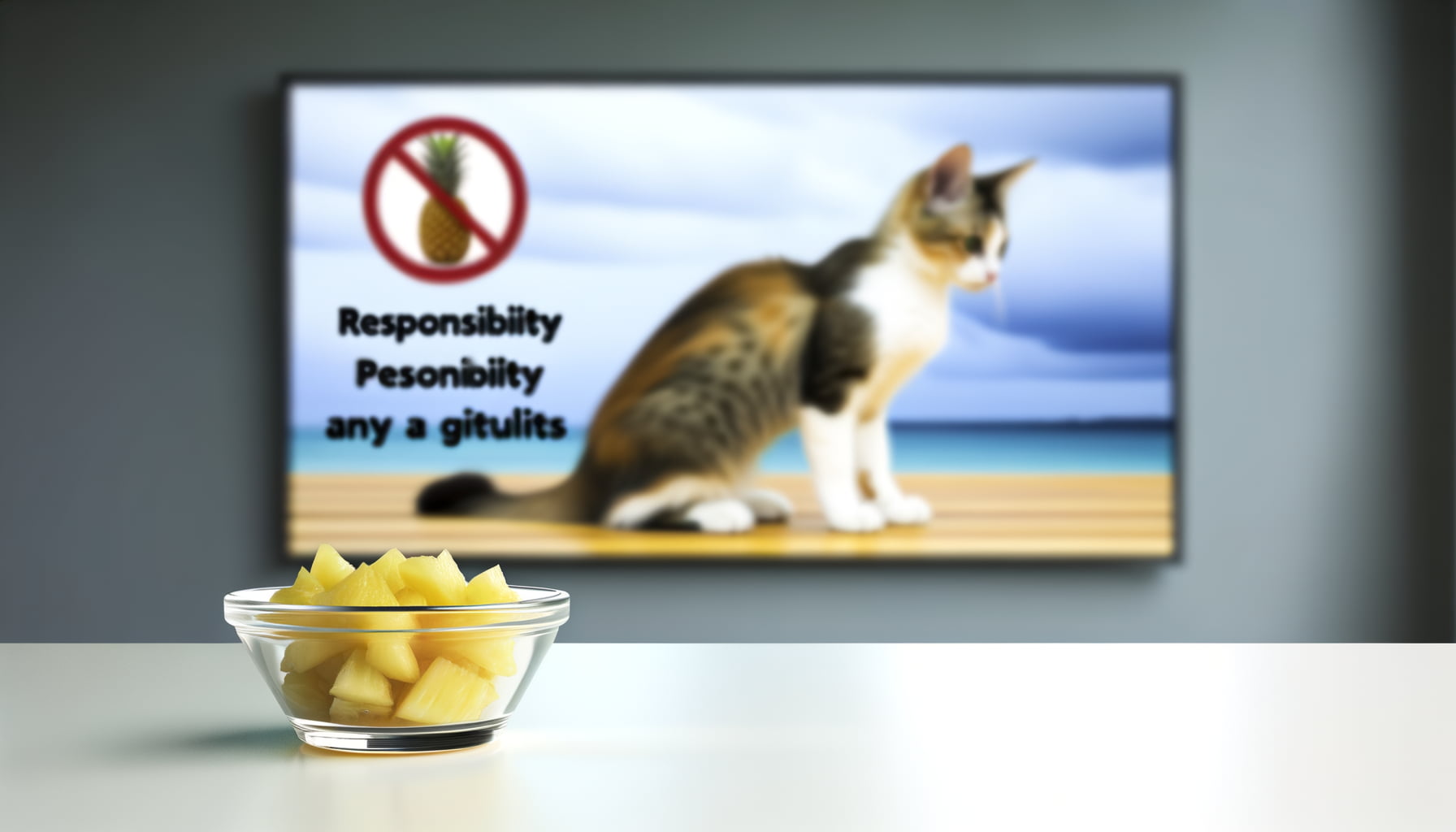
Pineapples, being an unconventional addition to a feline diet, should be introduced gradually. Start with small dollops of pineapple juice mixed into their regular food. Ensure the pineapple juice is pure and free from added sugars which may harm the feline’s health.
Observe your cat’s reaction. If no adverse effects are seen, you may proceed with small pieces of fresh pineapple. Frozen pineapple chunks can also be used, especially during warmer weather, as a cool treat. Do remember to remove the rough core as it might be too hard for your cat to digest.
Maintain moderation as cats can’t digest large amounts of pineapple effectively. Ensure it stays as an occasional treat, rather than a staple in their diet. This can avoid disrupting their needed consumption of proteins and other nutrients found in a typical cat diet.
Conclusion
In conclusion, the debate around feline diets and pineapple continues to puzzle many cat owners. While some cats may enjoy the tropical fruit as a snack, others may not take to it well. It’s important for cat owners to consult with their veterinarian before incorporating pineapple into their cat’s diet to ensure it is safe and beneficial for their furry friend.
Understanding the unique dietary needs of cats is essential for their health and well-being. As we continue to unravel the mysteries of feline nutrition, it’s crucial to approach new dietary trends with caution and to prioritize the overall health of our beloved pets above all else.
